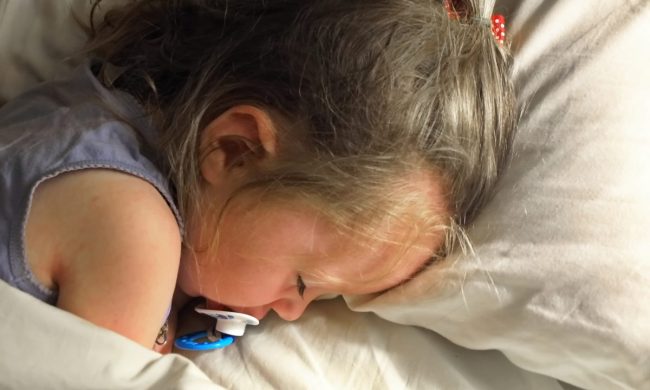Whether you need one for the next school break, have a big family vacation coming up, or want your child to have one as another form of identification, getting your child a passport can be an exciting experience. It could also be confusing and stressful if you don’t know the process or what forms you need to fill out. Learn how to get a passport for kids of any age in the easiest way possible with this simple guide.
What your child needs

- Parental guardian approval
- Proof of citizenship via an approved document
- Print, fill out, and bring Form DS-11
- A valid photo ID
- Passport-approved photo
- Apply in person
- Pay the fees
As with getting your child their driver’s license, applying for their first passport is a thrilling time that gives them another level of freedom. As long as all of the ducks are in a row, it should be a fairly painless process. But just like renewing your plates or license, you have to know what to bring.
To start things off, getting a child a passport has to be done in person, and the parents or legal guardians need to go with them. The child needs proof of citizenship, like their birth certificate, a photo ID, like their state ID or license, and a passport-approved photo. You can get this taken quickly at places like Walgreens or CVS, or you can look for a passport acceptance facility near you on the government’s website.
The legal guardians or parents need to bring proof the child is their child, with the birth certificate usually being enough. In the case of a custody dispute, a court order may be needed. You can fill out Form DS-3053 if both parents have custody, both parents need to be at the appointment. The last bit of paperwork is Form DS-11, which will need to be filled out, printed, and brought with.
Once you have all of your photos, copies, and paperwork filled out, you can check the website to see what your fees will be, which vary depending on whether you need it rushed or want a book or card.
If your child is under 16 years old

- Both legal guardians need to be present in person for a child under 16 years old to get a passport.
- You cannot renew a passport for a child younger than 16 using Form DS-82.
- Your child’s passport at this age is valid for 5 years.
If your child is under 16, as in 15 years old or younger, there is one part that changes, though it could be a big part, depending on your family’s situation. For any age under 16, both legal guardians must approve and show up in person with the child to apply for a passport. If both parents cannot show up in person, or if one parent has sole custody, there is additional paperwork to be filled out and brought. All other forms, documentation, and the rest of the process to get a passport is the same for this age.
If your child is 16 or 17 years old

- Only one legal guardian needs to be present.
- A passport for a 16- or 17-year-old is valid for 10 years, the same as an adult’s.
If your child is 16 or 17, getting a passport is pretty simple. The child must go in person with one legal guardian and all of the proper paperwork. At this age, if the one parent needed cannot personally go with, the legal guardian can sign a note, make a copy of their ID, and provide proof the parent is paying the fees, as with a check in the parent’s name. The child may also be asked for a notarized statement, like Form DS-3053, but that is up to each location, so call ahead and ask.
Passport tips

- It can take four to six weeks to get their passport and longer during peak times, which could be up to eight weeks.
- Use black ink only and keep it consistent across the paperwork.
- Do not staple any paperwork together.
- A minor cannot renew their passport online.
How fast your child needs the passport will determine a few things, such as added fees and if you need to make an appointment or not. If the trip is more than three weeks away, you can generally go to the library, post office, or a government building to apply. If you need a rushed passport, you will want to make an appointment and will have to pay extra fees.
It will generally take four to six weeks to get a passport, which includes the time to send the paperwork out and for the passport to get to you. You can check the status of your application online if that makes you feel better. And it is best to leave all papers loose. If something needs to be stapled, let the government employee do it. If you’re renewing your child’s passport, it still has to be done in person. Only adults can renew theirs online.
It seems overwhelming to get a passport for kids, but it isn’t any harder than getting your license or plates. As long as you have your paperwork in order, you and your child will be fine. The most important — and probably the most difficult — thing to remember is to know when you need the passport by and apply at least six weeks in advance to allow for any delays.
Your child having a passport is a cool experience for them and means they have the opportunity to travel outside of their comfort zone, and that can be an amazing thing.




